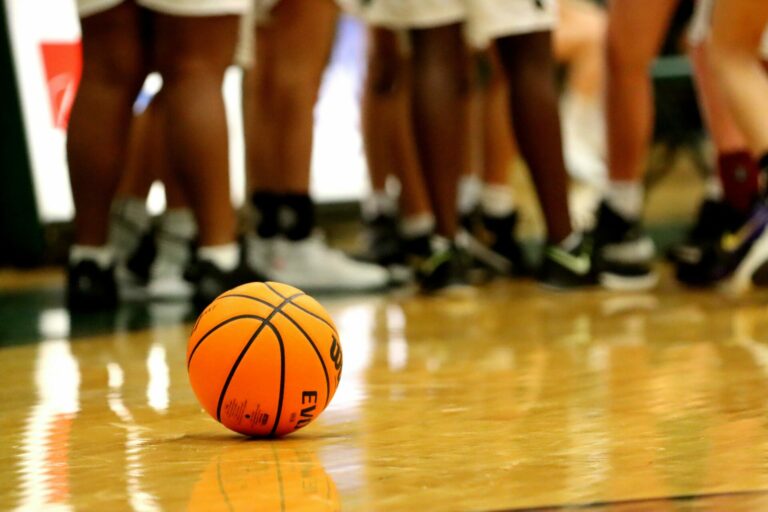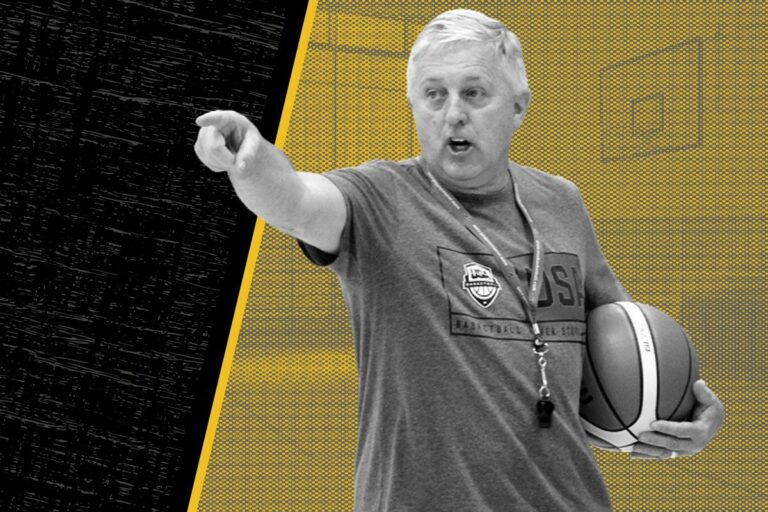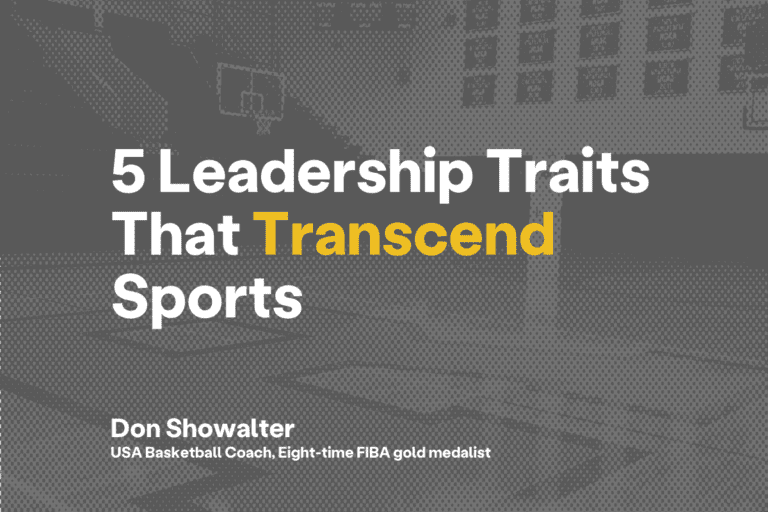A Conversation with Dr. Richard Woodruff
- Student stress is going to persist far beyond the pandemic.
- Schools can use esports to create new places for growth and collaboration based on student interest.
- Esports helps foster better social integration in class and at home.
On February 22nd, 2023, The Leading Edge Podcast hosted Dr. Richard Woodruff, the social emotional wellness coordinator for the Stockton school district and commissioner of the Central California esports Leagues. We discuss how students today face high levels of stress and how building communities with activities like esports can help them navigate through it.
Here are some highlights of that conversation.
Q: What is the average high schooler dealing with in terms of stress and social wellness?
Dr. Richard Woodruff: Wow, that is a powerful question. And to echo what a lot of people are probably feeling on a smaller level, and maybe even more broadly, is our kids are hurting. The American Psychological Association, they recently purported that this is probably going to be an extensive pandemic that could last until 2030 as far as, mental health being, of greater importance.
Basically, we need to be paying attention. We need to be all hands-on deck. We need to be putting more into this, at least until then, if not indefinitely, from it. And then I’m hearing from other colleagues and people in academics of middle school–specifically fourth, fifth, and sixth grade–are showing particularly high suicidal tendencies, which makes perfect sense, too, because as you’re going from the fourth, fifth to the sixth, seventh grade, that’s when emotions start really start percolating.
You start going from being in a little pond to being in a bigger pond. And these kids were on lockdown for a couple of years, roughly, if not longer, and having to jump into the social emotional deep end without that ramp. It has just got to be so difficult for them, especially in a landscape that’s not as supportive as it probably could be.
I feel like I’ve been talking about this stuff for years and people are like okay, you’re just excited because it’s what you do. But now that this happened, they’re like, wait a minute, tell us more.
Q: What role do education-based programs play in serving stress management and social wellness?
Dr. Woodruff: I think it has huge potential and if you’re not doing it, it’s a huge, missed potential. To speak my authentic truth is that I barely made it through high school because of super rough things that were happening in my home life. But I was still a gamer. If there had been any opportunity like this school, it would’ve been my oasis. That’s where I would’ve gone.
When we first started doing this in schools, we started because we’d had conversations with the CIF while working with them. And so, we’re mirroring their rules too. Academics, attendance, behavior. So, we put them in place and some students who weren’t showing up thought that they could just join the team because they were the best players in this game, or that gamer had the best role, the best in League of Legends, something like that. But they didn’t meet requirements, so they couldn’t participate in the fall league. Just the shell shock that came from that. But the community was there to support them in saying, “Hey, there’s a spring league. How do we turn this around? How can we support you?”
To see students just totally turn it around, start showing up, start putting in that extra effort and then they make the team the following season and it’s like a homecoming celebration where the community comes together and welcomes them. You would’ve thought they’d won the championships just by being able to play. It was an amazing thing to see.
Now that we’ve–I say we, because there’s a lot of us that make this happen all throughout the state and even in other states–I’ve been hearing lots of wonderful stories. We find that typically about a third of every student population at every school, high school specifically, that we talk to, they’re gamers, like hardcore gamers, they’re putting in hours a day for a specific game, if not multiple games. We find that 75% of students play games, but maybe a little more leisurely. That’s a huge population of students who may not have that link that connects them to school or anything. I remember how I was, before I learned the joy of playing with other people purposefully, it was every person for themself.
We were elitist jerks. We weren’t very kind to others because we lived in silos. It was, “How good am I, I’m not really caring about how good all of you are because I’m probably better than you.” That’s the attitude we had, and that’s super toxic. To go from there to where I’m at now, I see a lot of our kids, they’re playing in silos. At that age, the propensity to become toxic, especially with some games that promote toxicity, is just exponential. I see education has always been that kind of stop gap or that opportunity or that cushion to where we can enhance your understanding of mathematics, we can enhance your understanding of science and history, et cetera.
What about social interaction? What about enhancing your ability to be a citizen or a digital citizen? I feel like that’s just a huge opportunity that we really need to be tapping into because the kids are already doing it and if they don’t have the guidance and the support and the resources to do it in a very purposeful way it’s just doing a disservice to them that may actually be causing them harm.
Q: How can organized, high school esports help not only the students involved but, also improve gaming culture as a whole?
Dr. Woodruff: It’s amazing to see because one of the things that we do when we’re onboarding students into our program, or coaches, or schools, is create this toxic-free environment. Everything we do is anti-toxic and is pro-team based. All the games that we support are all team-based.
Or we take a game, and we make modes or put things in it so that it becomes team based. We’re anti RNG, so we don’t really support games to where it’s completely random, where you end up on a map. The students can trust in their strategies, trust in their communication, their leadership, their styles, if you will.
We think that’s very important for building up those social emotional connections or social regulation and understanding that by understanding that your digital self and your real self, they’re the same thing. Or we hoped that they can blend that instead of staying in one or the other, if you will, and it causing conflict.











